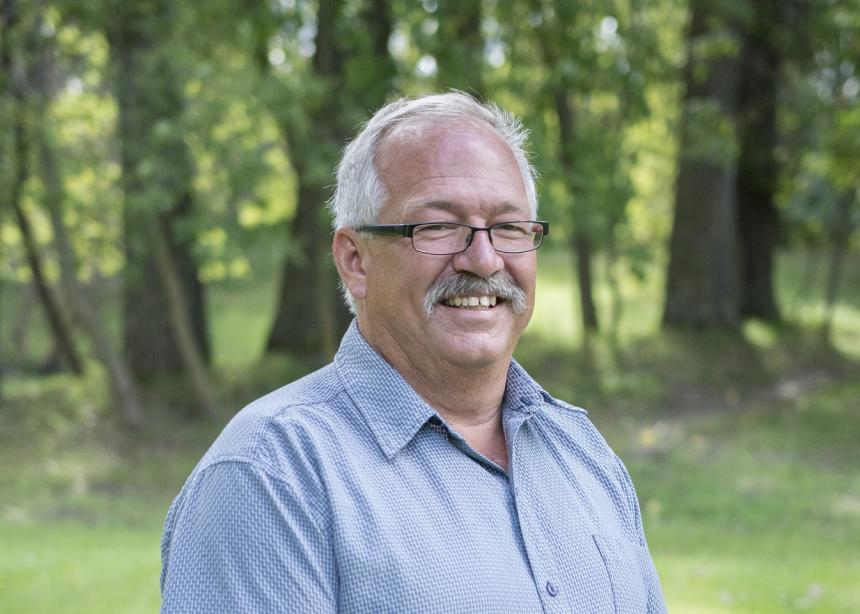Common knowledge helps to form our identity. It creates the basis from which to describe ourselves and helps us to understand others.
Change can create a crisis of identity. When what we thought to be fact changes, it can create a distressing cloud of confusion and uncertainty. We wonder if there is anything we can know. And we no longer trust what we think we know.
This is also true for corporate identity. A sense of peoplehood is formed within a set of shared values. It helps to describe the group to others. So acknowledging disagreement within a group can spark an anxiety of identity. We struggle with how to define the group ourselves and describe the group to others. While disagreements may challenge our sense of corporate well-being, they need not destroy our identity as a nationwide family of faith.
Our identity is not determined by structure or program. Our identity is not dependent on achieving unwavering agreement. Our identity as a nationwide people of faith is rooted in relationship: our relationship with God and one another.
In visits and conversations across our family of faith, there are common features I continue to experience. While these characteristics may be expressed differently throughout the five regional churches, they still serve to define us as a Mennonite/Anabaptist expression of Christ followers:
- We love Jesus. Because we are individuals, each uniquely created in the image of God, we do not all experience Jesus in the same way. Although the experience of Jesus is diverse, we share a common love for Jesus.
- We want to be like Jesus. Because we share a love for Jesus, we share a yearning to be like Jesus. We do not all agree on what that means. But even in our disagreement we share a common desire to increasingly reflect the character of Jesus as we see described in the Gospels.
- We believe the Spirit will help us be like Jesus. A yearning without the ability for realization is merely a frustration. As followers of Jesus Christ, we are confident of the promise of the Holy Spirit. We are not left alone in this yearning. We have the work of the Spirit in our lives. We have the Spirit at work through us as a family of faith. This gives us the confidence to continue the journey of becoming more like the Jesus we love.
A common love. A common yearning. A common confidence in the Spirit. This is who we are. These common elements define us a community. Within these common elements there is much room for disagreement. Within these common elements there is plenty of room for spaces of testing and discernment.
Within these common elements there is much that holds us together.
Willard Metzger is executive minister of Mennonite Church Canada.







Comments
Brother Metzger offers an interesting recipe. It lacks one, key ingredient. Scripture. When we solely use social sciences to do theology we get a half cooked hash that neither resembles stew or bread. That Antinomian recipe no work. Hasn't worked in the past. Isn't working now. Won't work tomorrow.
Add new comment
Canadian Mennonite invites comments and encourages constructive discussion about our content. Actual full names (first and last) are required. Comments are moderated and may be edited. They will not appear online until approved and will be posted during business hours. Some comments may be reproduced in print.